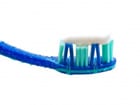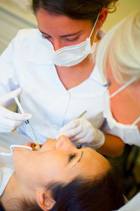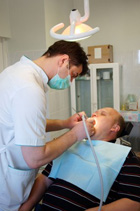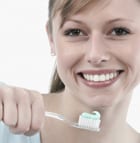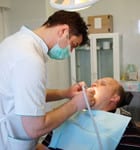 There are many things in life that can scare you to the core in life, especially if it’s health related and there is no bigger shock to the system than being diagnosed with some form of cancer: this disease is a real baffler as there seems to be no justification or reason behind what causes it- it can affect the most healthy person in the world.
There are many things in life that can scare you to the core in life, especially if it’s health related and there is no bigger shock to the system than being diagnosed with some form of cancer: this disease is a real baffler as there seems to be no justification or reason behind what causes it- it can affect the most healthy person in the world.
With oral cancer, it’s still not black and white; however, there are certain things in life that you should avoid putting in your mouth in order to reduce the risk. Smoking, drinking and bad foods on a regular basis will give your mouth a battering and increase the risk of problems arising. Your lifestyle will also affect your immune system and stress levels- also linked to the disease and so we arrive at the conclusion that if you at least try to do everything in moderation and keep yourself on an even keel, you will give yourself a fighting chance in Leeds.
Being able to recognise changes in your mouth is also essential in order to catch things early and get them treated early- the only way to beat the disease. For example, continuous sore throats, coughing, sores and neck aches etc., are not normal conditions the mouth goes through; anything out the ordinary should be analysed immediately. Even though it never seems to go away, the disease is not as powerful as it was because of better treatments- it can be beaten if you are ready for the fight.






